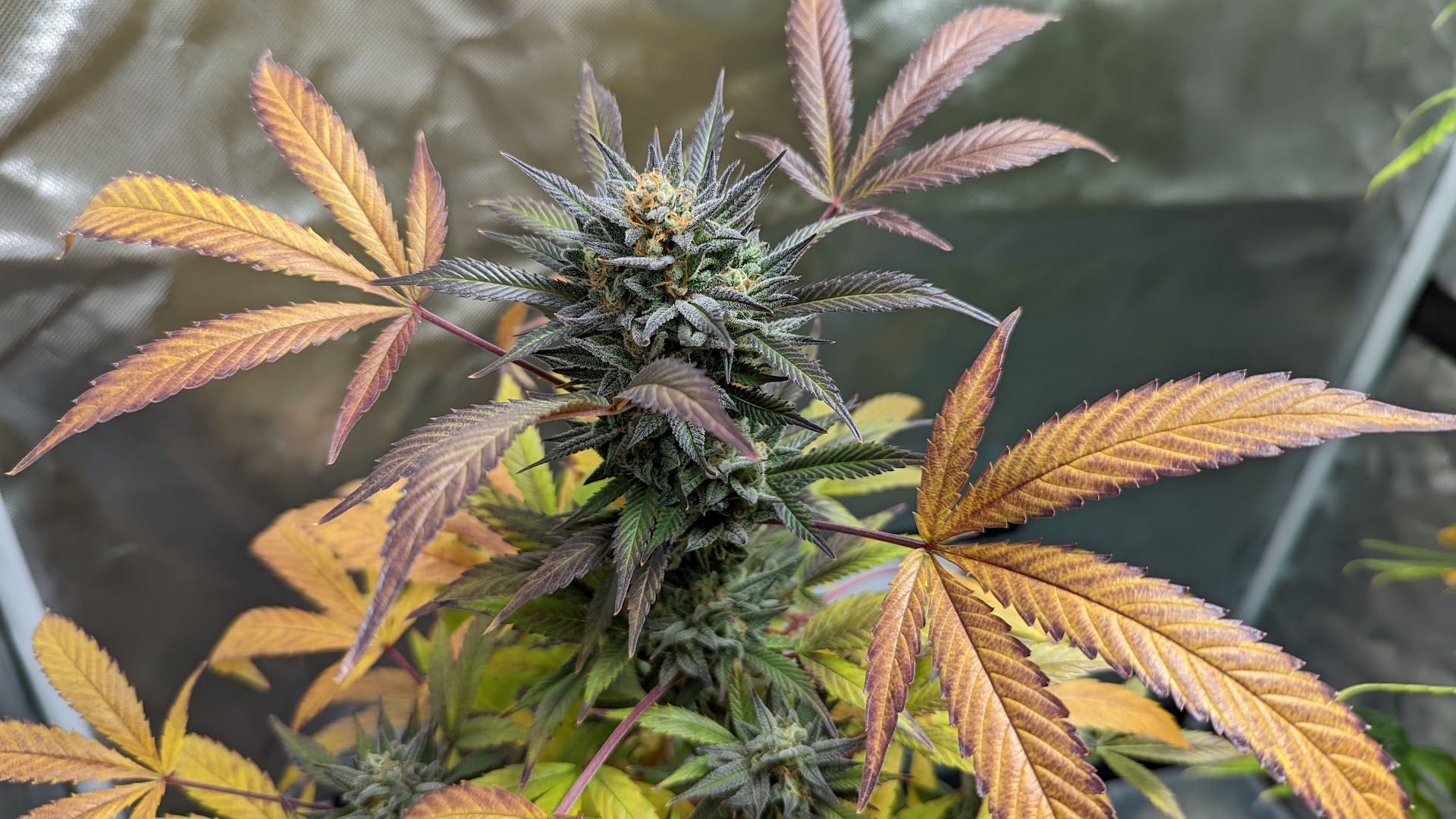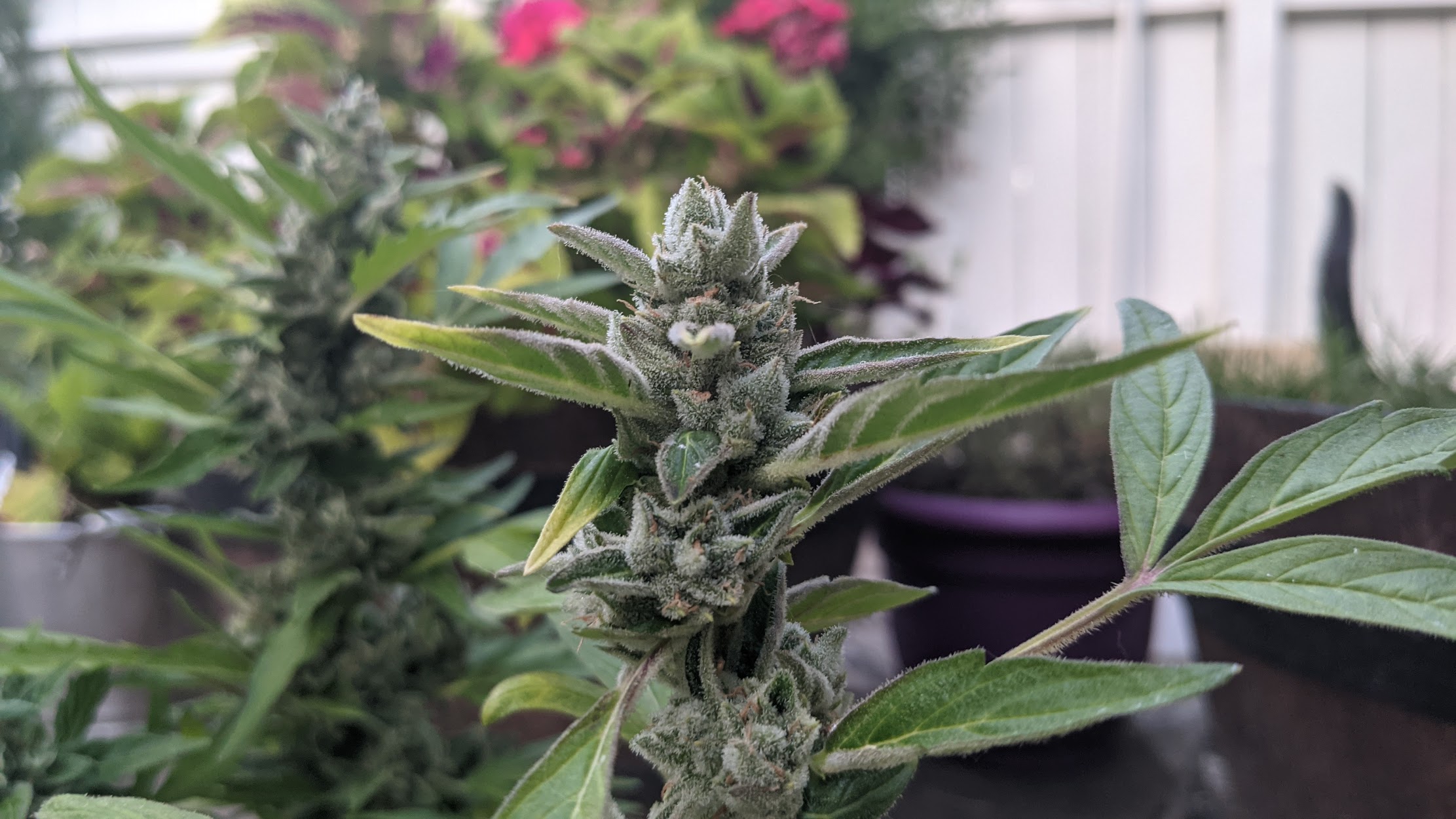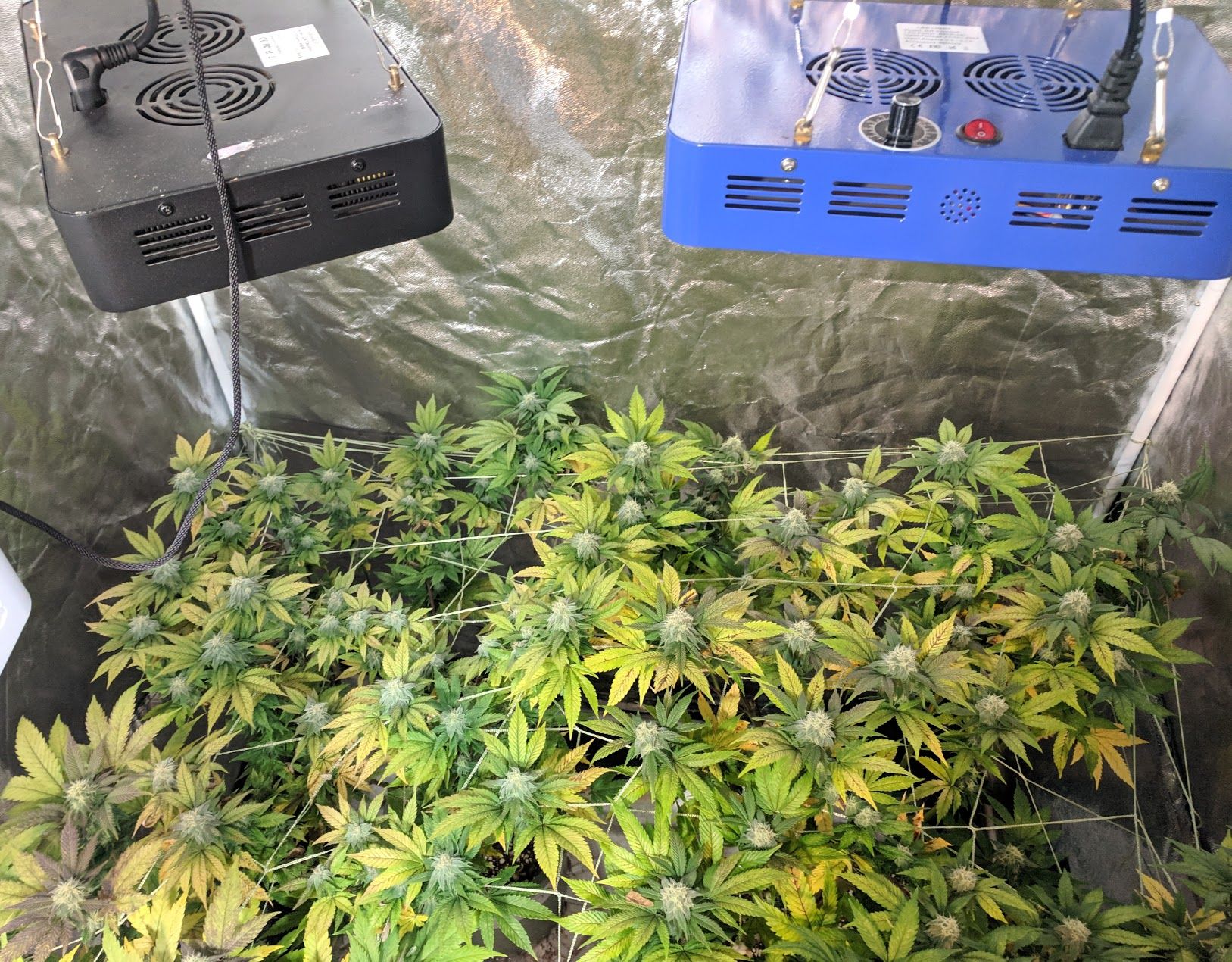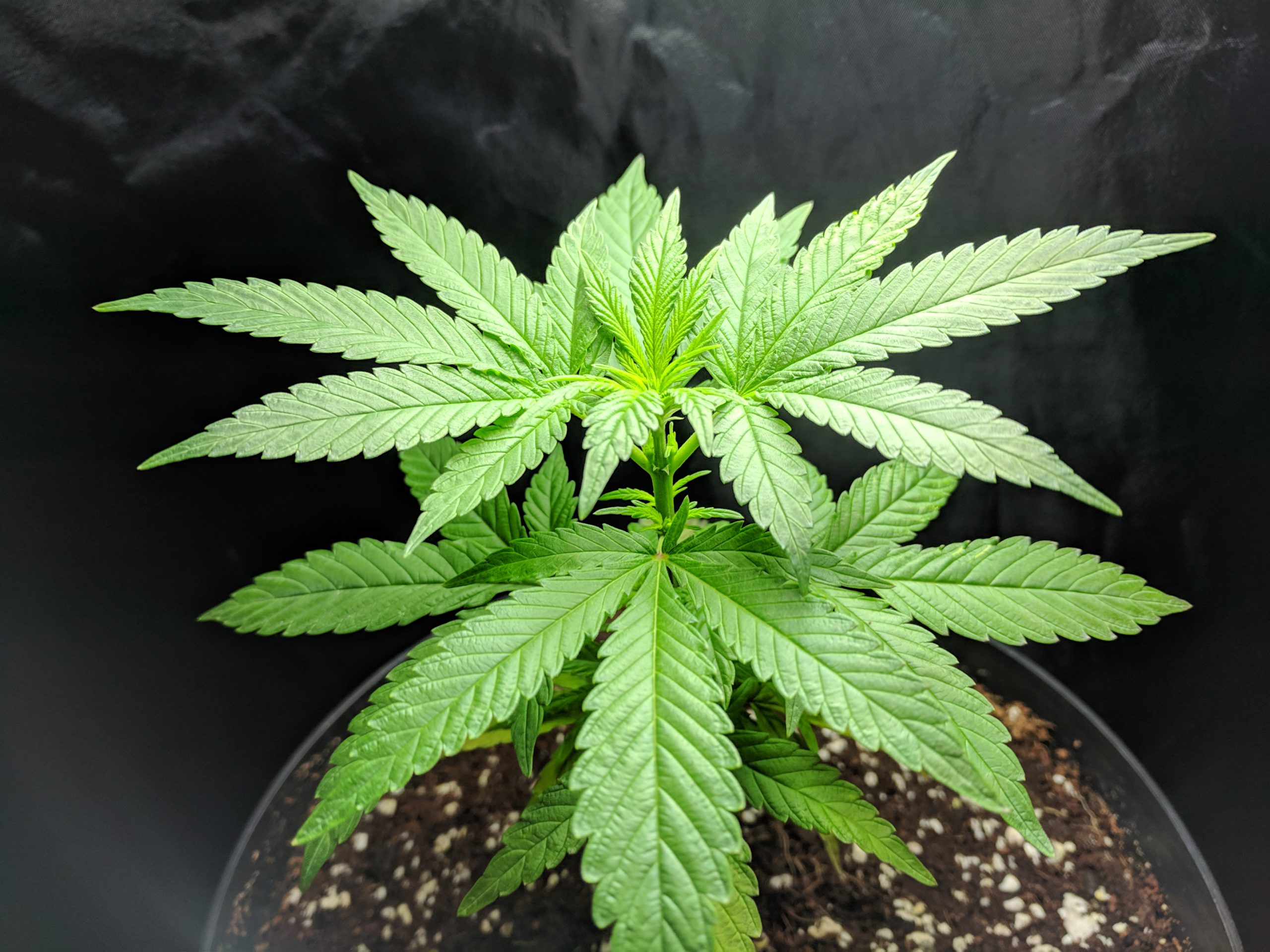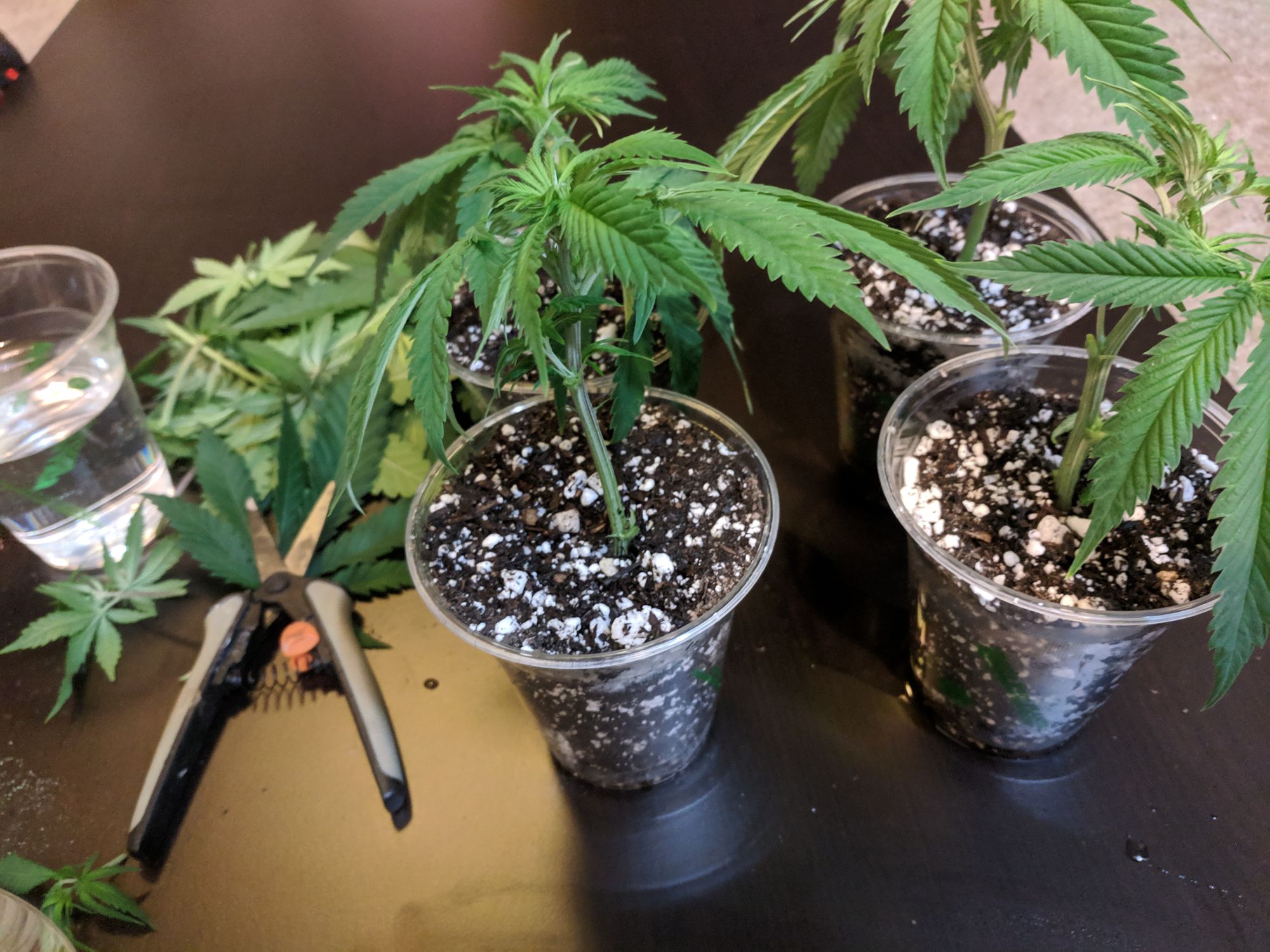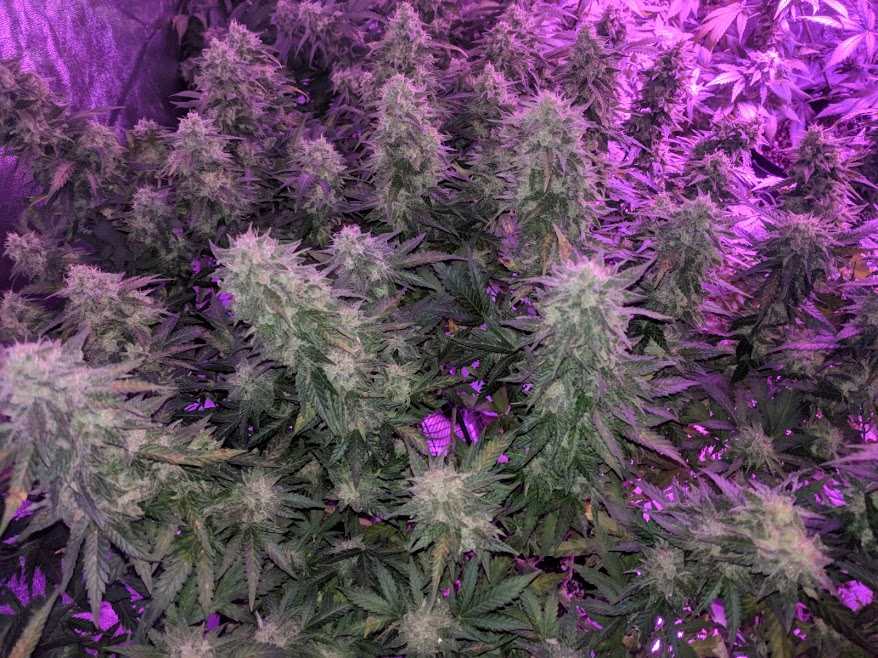You don’t have to sacrifice yields to grow cannabis organically and in this guide, we will walk through everything you need to know to grow all-organic cannabis.
What Is Organic Cannabis?
There are a lot of reasons to grow organic but at the end of the day it’s better for the environment and it’s better for you. But what does it mean to grow organic cannabis? Modern farming uses chemical fertilizers and other synthetic inputs to optimize plant growth, but leave behind salts, heavy metals, and other harmful residues. Organic farming, on the other hand, focuses on using all-natural inputs to create a living system similar to natural conditions that allow the plant to thrive.
To grow cannabis organically, there are 3 primary inputs to consider; growing medium, nutrients, and pesticides. With growing mediums, you will want a natural material where you can create a living ecosystem that will work in conjunction with your plant to create a fertile environment. Nutrients and other supplements provide the all-natural ingredients to feed the ecosystem and provide your plants with building blocks for growth and flowering. Finally, protecting your crop organically is about tipping the balance towards beneficial conditions for your plants and negative conditions for pests through natural means.
Organic Growing Mediums
The main idea with organic mediums is that you want to mimic the natural biome that the plant would thrive in under natural conditions. Whether you are growing in soil or an inert medium like coco, you want to create a full ecosystem of microbial life that will break down the organic matter and provide nutrients directly to the plant’s roots.
The first step to organic cannabis farming is to select an organic growing medium. The primary goal is to create an environment for your roots that will retain water but not stay waterlogged so that beneficial mycorrhizal fungi and microbes will thrive. We recommend a mix of soil, perlite, and coco coir if you are mixing your own. If you would rather start with ready-to-use organic growing mediums, here are some that we’ve used successfully in the past:
- FoxFarms Happy Frog Mix – this is a mix of soil, perlite, and coco that will work for your plant from beginning to end.
- Bush Doctor Coco Loco – this is a soil-less organic coco mix that works great for organic cannabis farming.
- Mother Earth Coco+Perlite – another soil-less coco mix that is kind on the wallet.
No matter what growing medium you select, make sure it is organic and that it doesn’t contain time-released nutrients (like Miracle Grow). Time-released nutrients are not good for cannabis because cannabis needs different nutrient ratios at different times during its lifecycle.
Organic Nutrients and Additives
When synthetic fertilizers are added to the soil they are immediately available for uptake and use by your plant. They are produced in a laboratory through a chelating process. This wraps chemicals like phosphorus and potassium and makes them easy for roots to uptake. While this helps the plants grow, these types of synthetic processes leave behind salts and heavy metal residue and can negatively impact the taste and smell of the flower.
Organic nutrients, on the other hand, are raw organic ingredients, like bat guano, earthworm castings, and compost. The problem is that these nutrients are not immediately available for uptake and use by your plants. They have to be broken down first from their raw state into usable components. This is where a growing medium that can support a biome of microbial life comes into play.
With synthetic fertilizer, you feed the plant directly. With organic fertilizers, you feed the soil and it will feed the plant. The microbial life consumes the organic matter and outputs usable nutrients. Mycorrhizal fungus help deliver nutrients directly to the roots. Through complex relationships that have been refined for billions of years, the plant’s growth is naturally and safely boosted.
The same general rules apply as with synthetic nutrients: in the vegetative state, you will want higher nitrogen availability and in flower, you will want high levels of phosphorus and potassium and decreased levels of nitrogen. Since you are relying on a natural process, it takes time to improve the soil. You will want to start before you begin the actual grow so there is plenty of nitrogen available to start.
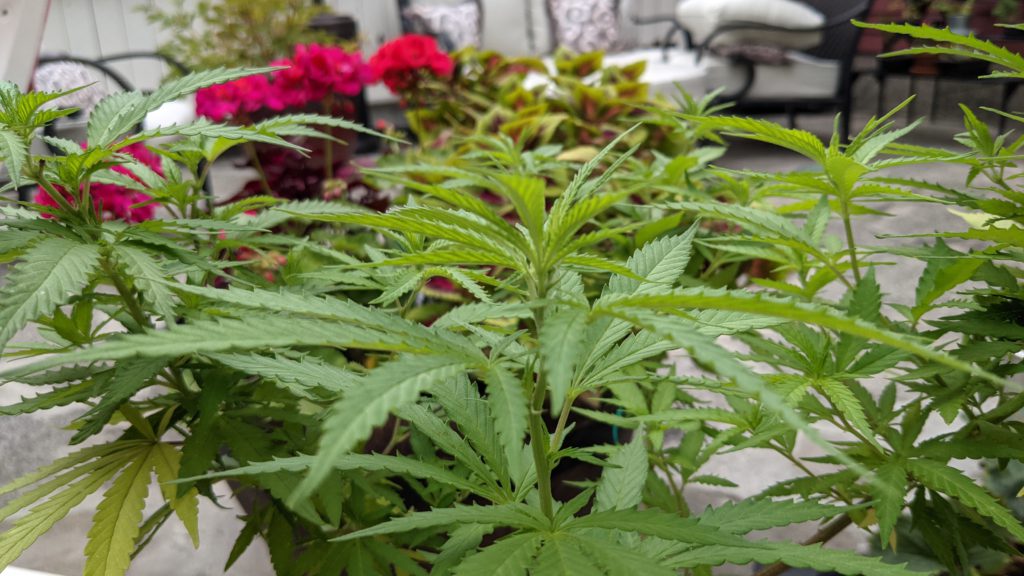
Improving Organic Soil
One of the best ways to speed up the process is to use microbial and mycorrhizal additives. This will help form your biome of helpful organisms that will boost your plant’s growth. Most of these are sold as dry soil amendments that you add to the soil or added to water. Mammoth P provides beneficial soil bacteria and microorganisms to make phosphorus other nutrients available. Great White is a mycorrhizae based additive that helps with water and nutrient uptake
Organic Pest Control
The very first solution to most pest issues in cannabis is organic anyway: cold-pressed Neem Oil. Neem oil is derived from the Neem tree. It has been used in India for centuries and has become the standard for organic farmers all over the world. Made by pressing the oil from seeds and fruits of the Neem tree, this is a pure vegetable oil that has all the advantages of the tree’s natural pest resistance. It’s also safe for most beneficial plants. Just spray a neem oil solution lightly for preventative measures and heavy treatments if you have an outbreak. You can also water with it to help with root and soil pests. We have a guide dedicated to Neem Oil, the organic wonder treatment for cannabis.
For severe outbreaks, there are stronger organic options available. There are a range of treatments based on essential oils and extracts and often work on contact.
We have had success with Bonide Mite-X spray treatment. It’s an organic solution made of botanical cottonseed, clove, and garlic extracts and works like a broad-spectrum pesticide that eliminates a wide range of insects including spider mites, aphids thrips, broad mites, russet mites, and whiteflies. Unlike with neem oil alone, spider mites die on contact. Eggs are suffocated within 12-24 hours.
Cannabis Loves Organic
There are plenty of great reasons to grow cannabis organically. It’s good for the environment and it’s good for you. One of the best reasons though is that cannabis loves organic gardens. They have thrived in a nutrient-rich natural environment for millennia. It may seem like more work on the surface, but it’s really not once you know the basic tricks of how to create a healthy biome for the plant to thrive in.
